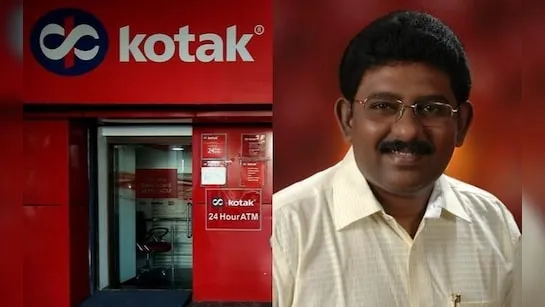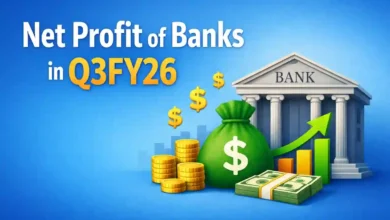Kotak Mahindra Bank convicted for Criminal Breach of Trust, Rs.20 Lakh Fine imposed

A court in Chennai has found Kotak Mahindra Bank guilty of serious wrongdoing. The bank was convicted for criminal breach of trust and falsification of accounts because it collected an extra amount of Rs 14.3 lakh from a customer named R Selvaraj Primson. As punishment, the court has imposed a fine of Rs 20 lakh on the bank.
This case began in 2012 when Mr. Primson asked the bank to provide a detailed statement or break-up of the Rs 1.70 crore he had paid to settle a loan in 2007. The bank refused to provide this information and claimed that no extra money had been collected. However, when the court looked into the matter, it discovered that an extra Rs 14.3 lakh had indeed been charged from him. Without informing him, the bank quietly transferred this excess amount to another account belonging to Mr. Primson.
Due to this misleading and dishonest behavior, the court also charged the bank with perjury—which means lying to the court. For this, an additional fine of Rs 1.5 lakh was imposed, and S Karthikeyan, the legal head of the bank, was given three months of jail time.
Investigations revealed that this was not an isolated case. The Chennai Police’s Central Crime Branch found that the bank had a hidden system in place. They kept two sets of loan account statements—one for the customer, which did not show the break-up of the loan settlement, and another internal version that clearly showed how much money was actually due and how much extra was being collected. The excess money was then moved into the bank’s profit account with internal approval. This method allowed the bank to cheat many customers in a similar way. The police have recovered documents showing that this happened to hundreds of customers.
As part of the court’s judgment, Mr. Primson was given Rs 10 lakh as compensation from the fine imposed on the bank. When asked for advice to others, Mr. Primson said that whenever someone forecloses (closes early) a loan, they should ask for a full breakdown of the amount the bank is asking. Without it, one may end up paying more without even realizing it.
